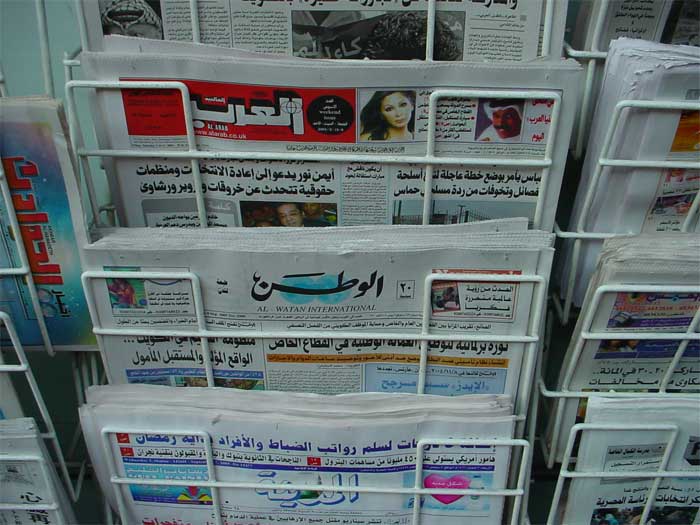Trend #3: Back to basics
Bye bye complex financial products — at least for a while. Following the sub-prime fiasco, simplicity, transparency and products that are not over-engineered or overly complex are back in vogue. So too are local lenders where what you see is what you get. But this swing back to the old skool doesn’t just apply to financial services. Uncertainty and anxiety are driving people towards people and products that they know and understand in all spheres.
Implications
If people are strapped for cash they will do many of the things that they did the last time there was a major recession. Therefore expect to see a resurgence of fresh home cooked meals (because cooking from scratch costs less money but also because home cooking tends to pull the immediate family back together). We should also see more people growing their own food, mending their own clothes, cleaning their own houses and fixing their own cars. At least we will for a while until people remember how difficult and frustrating some of these activities are and revert to previous behaviour.








